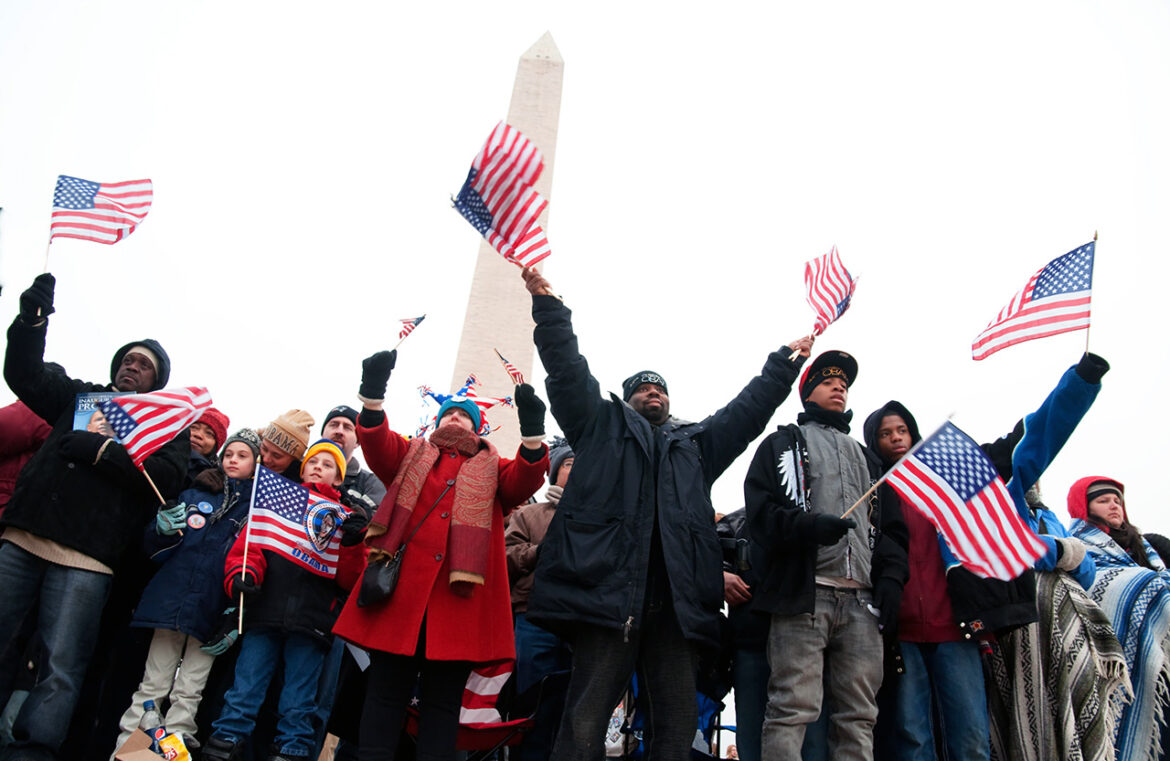As the 2024 presidential election unfolds, the American electorate finds itself standing at a crossroads, facing a multitude of challenges and uncertainties that will shape the nation’s future. After a year of intense campaigning, door-knocking, and unprecedented ad spending, the moment of truth has arrived, with Iowans braving record-cold temperatures to cast the first ballots in this highly consequential year.
The term “consequential” is not used lightly in the realm of political campaigns. Presidential elections are always significant, as the outcomes can influence social policy, reshape the country through legislation and court decisions, and determine the nation’s stance on the global stage. However, the 2024 election carries an added layer of importance, fueled by the ongoing realignment in American politics.
At its core, this election is a battle for the soul of America—a struggle to define the values that will shape the nation’s future. The country finds itself sharply divided, with historical data revealing a persistent split on leadership preferences. Partisanship and ideological sorting are at levels unseen since the Civil War, and Americans are fractured on critical issues such as guns, global warming, immigration, abortion rights, and education.
Conservatives perceive a changing country, lamenting what they view as a too liberal and weak culture, while those left of center fear for their values, the marginalized, and democracy itself. The political landscape is marked by a deepening divide, with Democrats winning popular votes but facing challenges in converting them into presidencies.
The rise of independents, now at or near all-time highs, reflects dissatisfaction with both major parties. However, this increase is somewhat deceptive, as truly persuadable voters constitute less than 10% of the population and are on the decline. The idea of a unifying third-party candidate emerging remains unlikely in this politically charged environment.
Amidst these divisions, Americans express discontent with the state of the economy, the overall direction of the country, and declining confidence in institutional pillars of American society. President Biden faces low approval ratings, while his likely opponent, former President Donald Trump, is viewed unfavorably by the majority.
The upcoming election raises questions about the impact of this widespread antipathy. Will it lead to a decline in participation or an increase in protest votes? The presence of third-party candidates threatens to introduce unpredictability, adding a major wildcard to an already complex electoral landscape.
The race to the presidency kicks off with a GOP primary featuring Republicans Ron DeSantis and Nikki Haley seeking to unseat Trump as the party’s head. The Democrats see President Biden poised to reclaim the nomination, setting the stage for a potential rematch of two unpopular candidates.
The key dates in the 2024 election calendar, from primary contests to party conventions, culminate in Election Day on November 5, 2024, and the subsequent inauguration on January 20, 2025.
The issues at play—such as abortion, democracy, the economy, and foreign policy—underscore the high stakes involved. The key battleground states of Arizona, Georgia, Michigan, Pennsylvania, and Wisconsin, alongside swing states like North Carolina and Nevada, will play a crucial role in determining the outcome.
As the Electoral College continues to shape the electoral landscape, providing outsized power to voters in smaller states, the nation awaits the unfolding of a pivotal moment in its democratic history. The 2024 presidential election is not merely a contest between individuals; it is a reflection of the competing visions of America’s future. The decisions made by voters in the coming months will reverberate through the corridors of power, influencing the trajectory of the nation for years to come.


